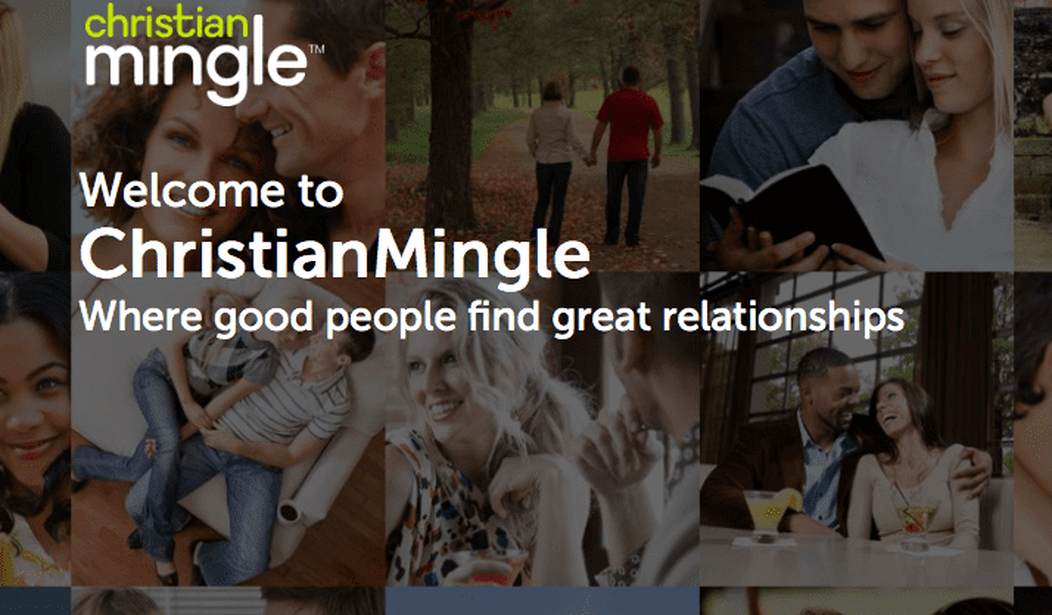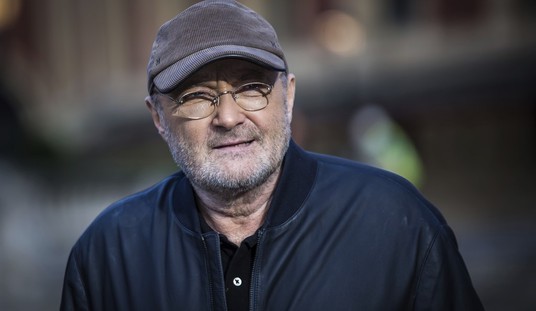On Friday, the Christian dating website ChristianMingle.com agreed to start allowing people to seek same-sex relationships, as part of a settlement in a lawsuit brought against the site’s owner by two gay men. Even an atheist who protests Christian organizations to have them hire LGBT people agreed that this settlement is outrageous.
The gay men filed class-actions claims against California-based Spark Networks Inc., the owner of ChristianMingle. The site required new users to specify their gender, assuming that a man would seek a woman and a woman would seek a man. The gay men sued, saying these limited options violated California’s anti-discrimination law, the Unruh Civil Rights Act. But an atheist activist argued that this settlement sets a dangerous precedent.
David Smalley, founder and CEO of Secular Media Group, intends to go protest against Ken Ham and his Ark Encounter due to the organization’s alleged injustice of taking tax breaks and only hiring Christians. But he’s not against Christian groups as such, indeed he argues that “every atheist, every liberal, and every business owner needs to fight for Christian Mingle’s rights to offer the products or services they choose, even if we disagree.”
Here’s his argument, and it’s a good one (emphasis his):
It’s one thing to protect existing customers, like a gay couple sitting in a restaurant being asked to leave (which is what Unruh was designed to prevent) but this claim isn’t addressing that.
It was filed against Christian Mingle for not accommodating future or potential customers, even online, by not offering an option they preferred.
That’s not discrimination. And it certainly isn’t mistreatment in a business. That’s a service not offered by a private company, which they have a right not to offer.
Since when can the government tell us what products or services we must offer to future customers?
Smalley is right — this settlement sets a precedent that government can force businesses to offer products or services the business owner may not agree with, on the premise that not offering those services would be discrimination.
This atheist activist further explained what such discrimination entails. Smalley explained that the ChristianMingle case seems like a victory for the LGBT community and its allies, but it’s really a big loss for every business, and for the freedom of association generally.
The Unruh act includes a laundry list of qualities that California cannot allow discrimination on: “sex, race, color, religion, ancestry, national origin, age, disability, medical condition, marital status, or sexual orientation.”
“Yes, the outcome of this claim now sets the precedent that if you don’t make services available, based on accommodating the religion of potential customers, you’re also in violation of Unruh,” Smalley explained.
I’m an atheist business owner. According to this judge’s interpretation of Unruh, if I were to move Secular Media Group, LLC to California, I’d be in violation, too.
We have 7 podcasts we offer in our network. None of them are Christian.
We offer children’s books on science. None of them are Muslim.
We offer blogs and news from an atheist perspective. None of them are Jewish.
According to this logic, a judge would be able to rule that “Secular Media Group discriminates based on religion, by not offering podcasts or books for potential Christian, Muslim, or Jewish customers” thereby forcing me, by way of a judge’s ruling, to begin offering religious-based materials so that potential religious customers aren’t offended by what I don’t offer.
Smalley goes on to recall situations where he declined to provide services that could be considered “discrimination” under this reasoning. He declined doing voiceovers for Benny Hinn Ministries, and as he pointed out “that’s my right as a business owner.” Not under this ruling.
Next Page: Non-discrimination law could force a business owner to violate his beliefs, doesn’t that sound familiar?
A Christian piano player agreed to play music for the end of an audiobook, but he refused when he learned it would be an atheist book. Smalley understood, and did not take him to court. Other such situations followed, but as this atheist explained, “Never once did it pop into my mind to take these people to court and force them to comply with my desires as a consumer.”
There are countless other businesses which provide such services, and Smalley easily found another pianist, as Benny Hinn likely found another voiceover company.
Ironically, Smalley’s arguments remind me of a certain Christian bakery, which refused to cater a lesbian wedding. When Aaron and Melissa Klein, owners of Sweet Cakes by Melissa, denied to cater Rachel Cryer and Laurel Bowman’s event, they were refusing to provide a specific service, one that violated their beliefs.
The Kleins had served Rachel Cryer many times in the past — her sexual orientation did not lead the bakery to decline serving her in the way they serve every customer: selling generic cakes and pastries. But the company had a specific policy about weddings — the Kleins wanted to get personally involved in the nuptials they baked for. Baking for a gay wedding was a specific service the Kleins refused to provide.
Nevertheless, an Oregon judge ruled that the Kleins had violated anti-discrimination law, and that they had to pay the Bowman-Cryers $175,000 for emotional damages, including “mental rape.” You don’t need to invoke religious liberty to see what’s wrong with this — businesses should be able to determine what products they sell, as a simple matter of freedom of contract.
A business cannot be held responsible for a customer’s feelings, and any business has the right to deny a certain type of product or service. As Sweet Cakes by Melissa would not cater gay weddings, so ChristianMingle would not connect gay singles. These are not actions of discrimination based on sexual orientation, but a business decision to provide a certain service and not others.
As Smalley pointed out, decisions penalizing private companies for failing to provide such services could make doing business nearly impossible. In a free market, a vast array of producers offer different products and services, catering to specific consumers. Specialization makes each business more able to meet specific demands, and government should not get in the way of this engine of prosperity.
We live in a pluralistic society, and there are bakeries, voice artists, and dating sites which will cater to a wide variety of consumers, gays emphatically included. Let the straight Christians have ChristianMingle, the gays have plenty of strictly gay sites, which also don’t have the option to date someone of the opposite sex. This is how pluralism works, let’s enjoy it, and not ask the government to force everyone to cater to our needs.









Join the conversation as a VIP Member